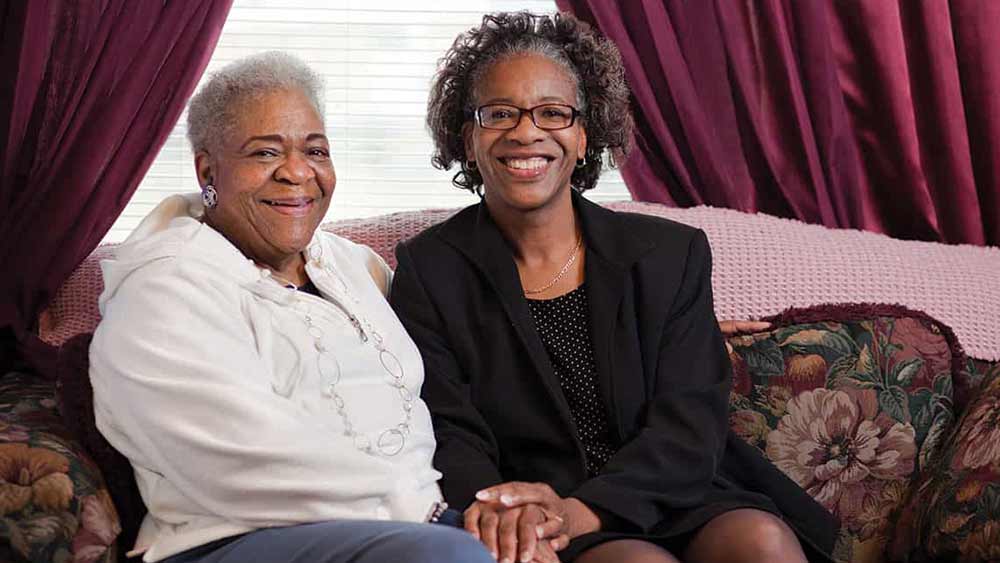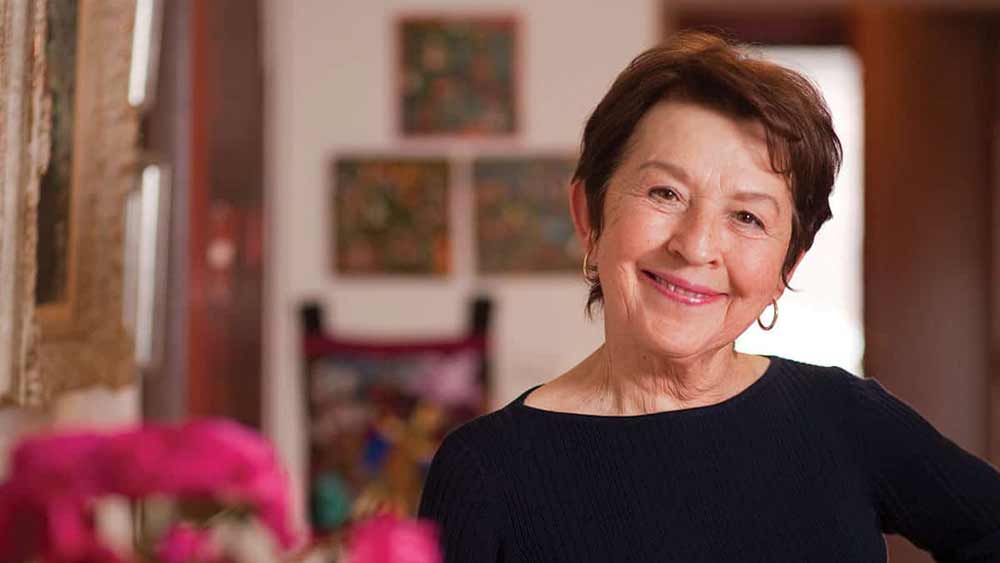

Treat Yourself: Self-Care Tips for Family Caregivers
“Managing your own care and a family member’s care is really challenging,” says Kathleen Coatta, a Clinical Social Worker Specialist with Huntington Senior Care Network in Pasadena, California. “But you really cannot best care for a loved one if you don’t also care for yourself.”
It’s hard to talk about self-care without making a reference to the airplane comparison: You must put on your own oxygen mask first before you help others put on their masks.
“Caregiving is a really big job, but people often don’t realize how massive it is because they see it as being part of their duty to their family,” Coatta adds. “Many people claim that they simply don’t have enough time for themselves, but there are definitely ways that they can make time that won’t be a disruption to the rest of their lives.”
Physical and Mental Effects of Caregiver Burnout
Spending too much time caring for a loved one and not enough time caring for yourself is bound to lead to caregiver burnout. Burnout can have serious health consequences, including chronic illness, fatigue, anxiety, irritability and depression, among other problems.
Part of Coatta’s job with Huntington Senior Care Network is to provide resources for both seniors and caregivers that can help improve their lives, and that includes self-care.
3 Self-Care Tips for Caregivers
- The Little Things Matter
“It’s really the small things that can change your habits and your way of life,” says Coatta. “Many caregivers are resistant to self-care because they think it will require a lot of time. But making little changes is more reasonable.”
Some of these little changes include:
- Waking up five minutes earlier in the morning to feel less rushed.
- Committing to eating well and drinking enough water throughout the day.
- Making time to exercise, even if it’s just a 15-minute walk around the neighborhood.
- Starting a “compliments file” by documenting the nice things people say to you and reading them when you need a pick-me-up.
- Activating your self-soothing system by applying moisturizer.
- Ask for Help
“People don’t always know who to ask for help, but don’t be afraid to call your local hospital to ask them for resources,” says Coatta. “And if your loved one has been hospitalized, make sure to ask for a social worker, who will provide you with everything you need before your loved one is discharged.”
Reaching out to ask for help — whether for reasons big or small — is an important part of self-care for caregivers. You can always lean on friends and other family members, but there are also organizations available to help you with a variety of needs. Coatta recommends leaning on these resources in your area if you need a little extra help:
- Local senior centers, which are plugged in to a variety of local resources.
- Area Agencies on Aging not only have access to local resources, but they also have information about a variety of free or low-cost services for which you or your loved one might qualify.
- Places of worship are part of the community and can provide you with support, and might host support groups where you can connect with other caregivers.
- The Alzheimer’s Association has nationwide support groups including Memory Club, which helps caregivers process their feelings and better understand the disease.
- Set Achievable Goals
Self-care means different things to different people, but if you set realistic goals for yourself, you won’t be setting yourself up for disappointment. This relates back to the small changes that you choose to make, because those small changes can add up to have a big impact. Some examples of how you can tweak your goals to make them more achievable include the following:
- You may not be able to get away for a vacation weekend, but you can create a home spa experience. Take a long, hot bath or shower, then sit in your bathrobe reading a book or magazine, and indulge in a store-bought facemask.
- It might not be feasible to make it to the gym four days a week, but you can make a commitment to getting at least 15 minutes of time in the sun every day or have a dance break while cooking dinner.
- If your goal is to be more present in your daily life, it’s easier to commit to ending your day with a three-minute meditation rather than trying to meditate for 30 minutes a day.







